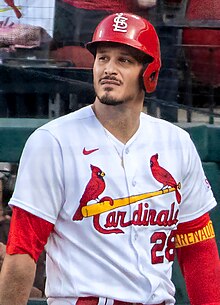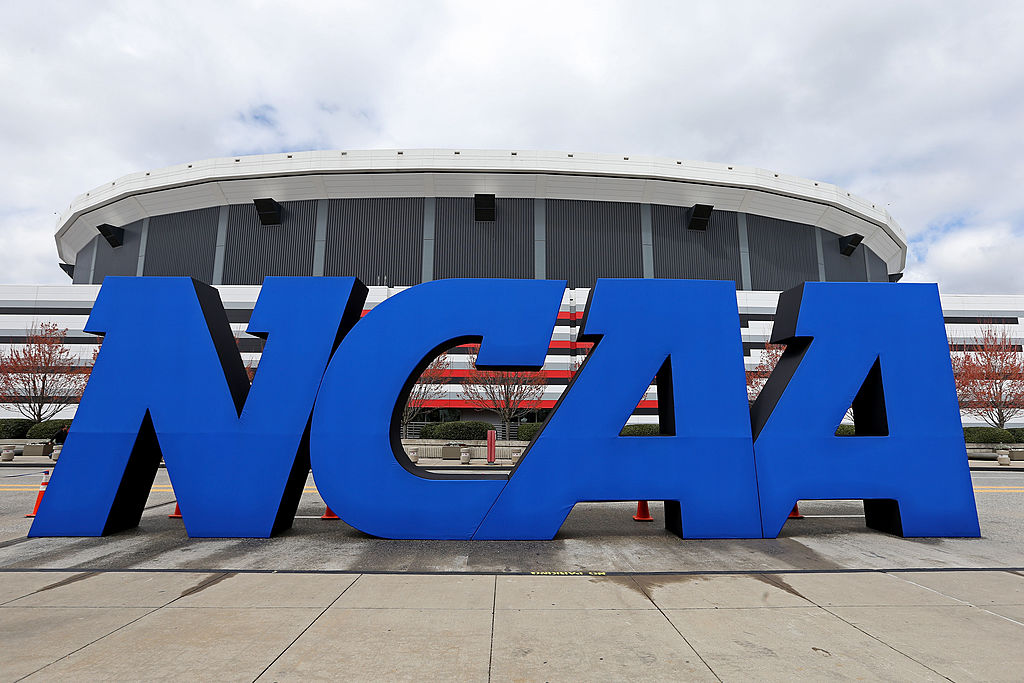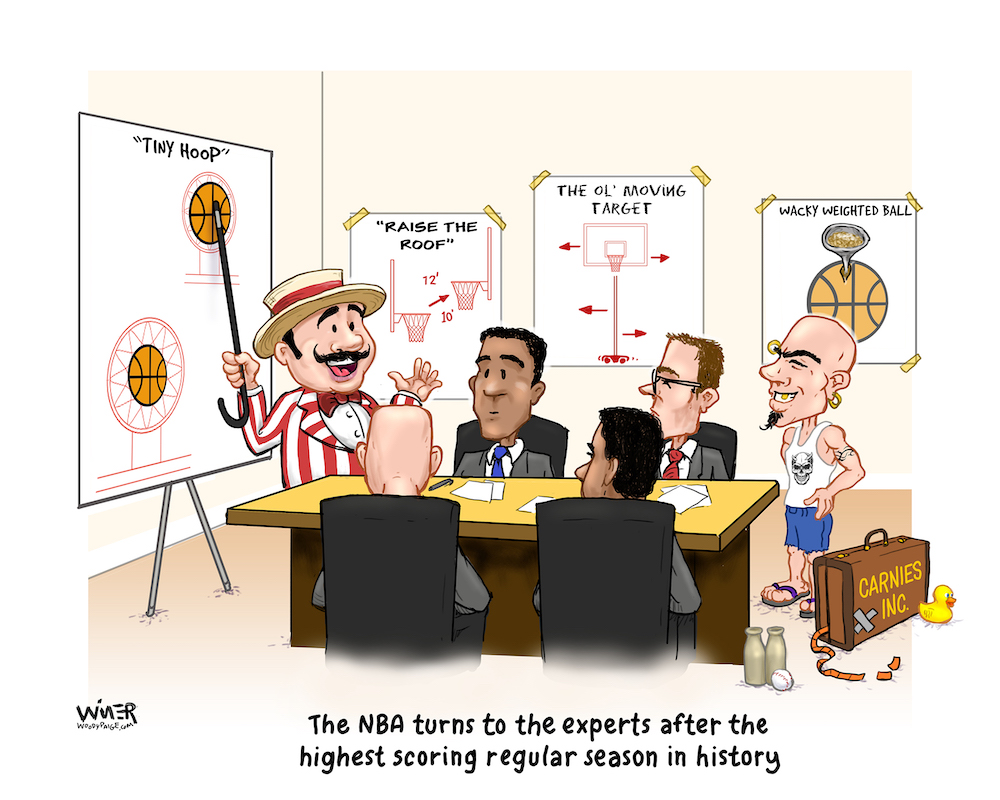
@MarkKnudson41
Nolan Arenado walked into the clubhouse at Coors Field on a beautiful autumn afternoon with a smile on his face. Unfortunately for Colorado Rockies fans, it was the clubhouse of the visiting St. Louis Cardinals, and Arenado was smiling because he just returning to his locker after attending a press conference on the other side of the building. That press event was to formally announce the retirement of his close friend and former teammate, the Rockies’ Charlie Blackmon.
There was a lot of emotion in the building, and some irony, too. After all, Blackmon was announcing his retirement after playing 14 seasons with the same team. Arenado – once a cornerstone of the same franchise – was the Rockie who got away.
Colorado fans are still hurting from Arenado’s departure. The future Hall of Fame third baseman had signed a mega contract – eight years, $260 million – during the early days of spring training in 2019, and he went on to have a sensational season. But he wasn’t happy with the direction of the franchise and let everyone know about it. After the COVID-shortened 2020 season, his desire to be traded became well known. Finally, prior to the start to spring training in 2021, the Rockies sent their superstar…plus $51 million…to the St. Louis Cardinals, in exchange for left handed pitcher Austin Gomber and minor leaguers Mateo Gil, Tony Locey, Elehuris Montero and Jake Sommers.
Gomber is still part of Colorado’s starting rotation, and Montero has split time between the Rockies and Triple A. The other former Cardinals have never sniffed the show. Shortly after the trade, former Chicago White Sox and Los Angeles Dodgers General Manager Dan Evans called it “the worst trade in baseball history.”
Today you can call it “the trade that nobody won.”
Judging a deal three years after it took place is all about the ultimate objective. The Cardinals thought they were getting the final piece to a championship-winning puzzle, plus a little help in paying off Arenado’s massive contract. The Rockies – after losing a reported $100 million during the pandemic shortened season – thought they were getting out from under that enormous financial obligation that they could no longer afford, plus picking up a few important pieces they could use to reinforce a team that was just two season’s removed from being in the National League playoffs.
It hasn’t worked out that way for either organization.
St. Louis did make the playoffs in both of the first two seasons that Arenado was a Cardinal. In 2021, the former Rockie did his part, winning his ninth straight Gold Glove award while blasting 34 home runs along with 105 RBI. Still, the Cards fell short in the postseason, losing the NL Wild Card game to the Los Angeles Dodgers.
The following season, Arenado hit .293, with 30 home runs and 103 RBI…along with winning his 10th consecutive Gold Glove. And once again, St. Louis came up short in the postseason. After winning the NL Central, they were sept out in the first round by Philadelphia.
Just making the playoffs isn’t good enough in baseball mad St. Louis.
Since then, the Cardinals have seen stars like Yadier Molina, Albert Pujols and Adam Wainwright hang ‘em up, and the team’s fortunes sag. In 2023 St. Louis finished last in the NL Central for the first time ever and suffered through the club’s first losing season this century. This season has gone a little better. They have a good shot at a winning record and will finish in third place in the NL Central.
Still, that’s nowhere close to reaching the playoffs, nor the bar the organization has set for itself. As far as the Cardinals are concerned, the Arenado trade has fallen a mile short of expectations.
In the Mile High City, the trade is still viewed as a tipping point for the Rockies organization. It’s gone steadily downhill since shipping off their All-Star third basemen. Ace pitcher Jon Gray and star shortstop Trevor Story followed Arenado out the door the next year, signaling a full scale rebuild. The Rockies record declined to 74 – 87 in ’21, 68-94 in ’22 and the franchises’ first 100 loss season in ’23. They’re right on the edge of another 100-loss season this year.
Plus, to try to appease the fan base still smarting over what Rockies fans still see as a lopsided trade, Colorado signed an over-the-hill Kris Bryant as a replacement for Arenado. The former Chicago Cubs’ MVP has been a bust – he’s yet to play in 162 games TOTAL over a three year period. Bryant has a WAR of -.07 in 2024 with three lengthy stints on the injured list. To make matters worse, Bryant still has five years and $108 million left on his guaranteed contract, making the thought of keeping Arenado look like it would have amounted to a nice bargain.
For the 2024 season, Gomber went 5-12 with a 4.75 ERA. Montero was sent out in June, having hit just .205 with four home runs. It’s unlikely he’ll return to the organization next year. Gil and Locey never made it past A ball in the Rockies system. Sommers has toiled between Double A and Triple A, and is currently a free agent.
So to summarize: Colorado sent it’s best player – in his prime, plus $51 million – to the Cardinals for what has amounted to a serviceable fourth or fifth starter…and then made things worse with a horrible and costly free agent signing they would not have made if they’d kept Arenado.
St. Louis absorbed what is – at this moment – an untradeable contract (with three years and $52 mil remaining) for a player who, as great as he’s been, is now 33 years old and only hitting .270 with fewer than 20 homers. Arenado hasn’t been the difference between winning and losing in the postseason like he was supposed to be.
So it appears, by their own standards and expectations, that neither the Rockies nor the Cardinals got close to what they wanted to or needed to get out of the trade. Looking back through a colorless lens, it’s simply been been a lose-lose.



















No comparison though who got the better of the deal, by the length of a Coors Field home run. The team that has Arenado and $51 million bucks. It’s one thing to make the playoffs and not advance and quite another to free fall to 100 plus losses. They don’t equate. (Cards organizational problems and manager, GM, pitching and as you say aging out not a bad season from Arenado have led to their decline.) Your usual provocative piece, Mark, thanks.